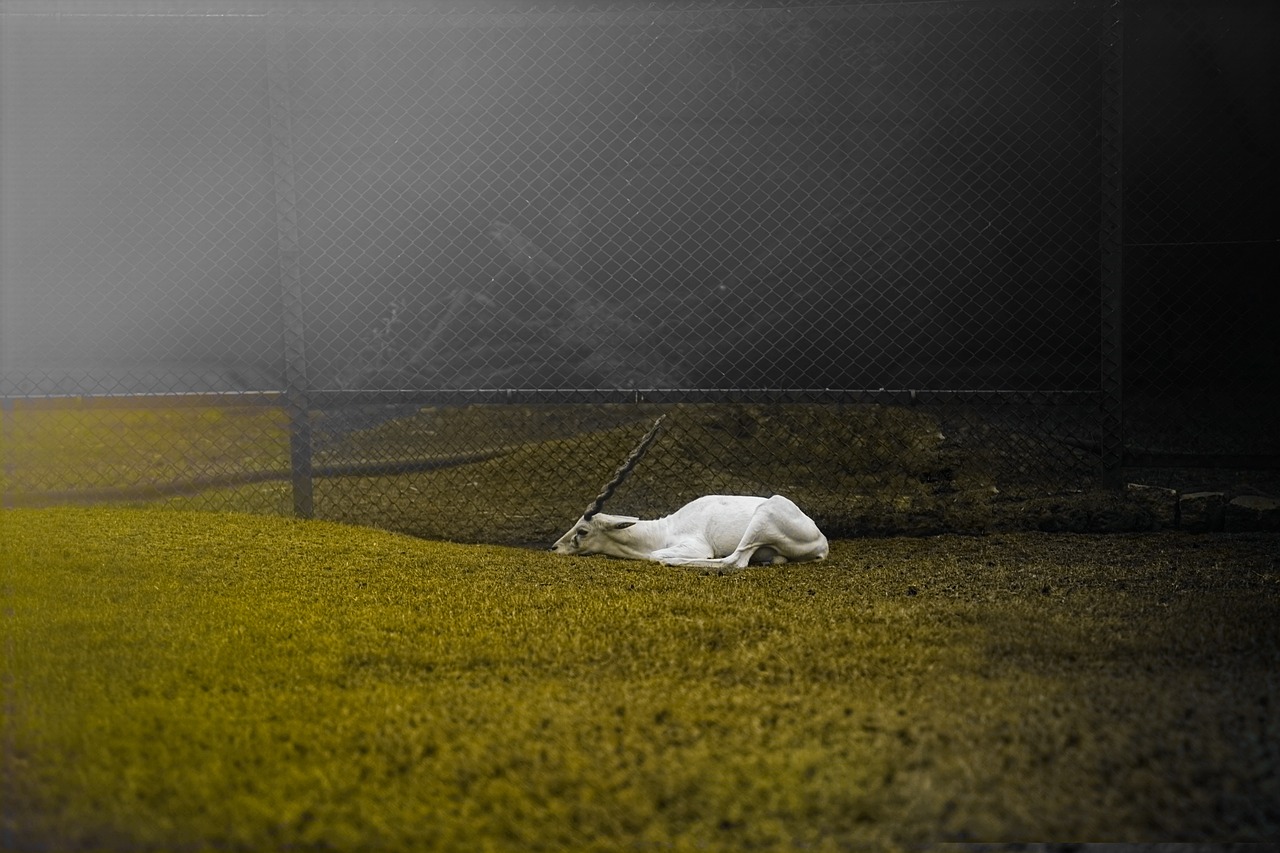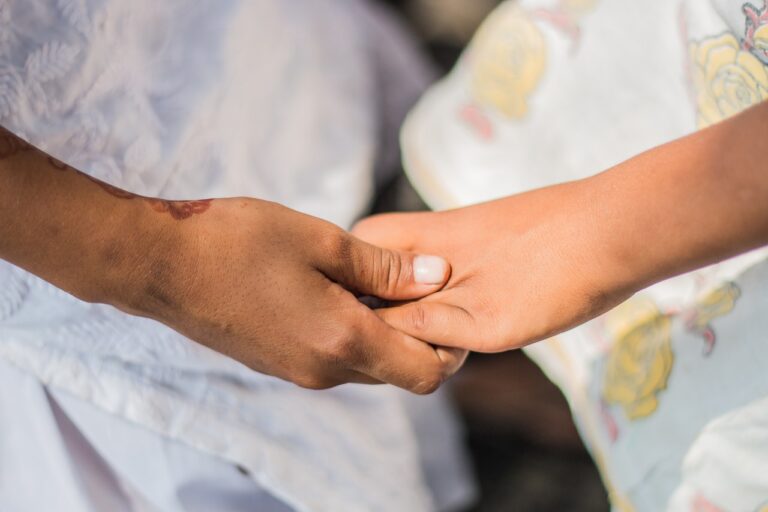Examining the Role of Debates in Shaping Public Opinion During Elections
Political debates have been a pivotal element of democratic societies for centuries, providing a platform for candidates to express their views and engage in discourse with their opponents. The origins of political debates can be traced back to ancient Greece, where philosophers and orators would engage in public discussions to persuade the masses of their political ideologies. Over time, the format and structure of debates have evolved, but the underlying purpose remains the same: to inform voters and allow them to make informed decisions.
In the United States, the iconic Lincoln-Douglas debates of 1858 between Abraham Lincoln and Stephen A. Douglas are often cited as a landmark moment in the history of political debates. These debates, which focused on the issue of slavery, drew large crowds and garnered significant media attention, shaping public opinion and influencing the outcome of the election. Since then, political debates have become a staple of the electoral process in the United States and around the world, providing a platform for candidates to articulate their policies, defend their beliefs, and appeal to voters.
The Influence of Media Coverage on Debates
Media coverage plays a significant role in shaping the outcomes of political debates. The way in which debates are covered in various forms of media can heavily influence public opinion and perception of the candidates. Through different platforms such as television, online streams, and social media, debates can reach a wide audience and have a lasting impact on voter attitudes.
The ability of media outlets to select which parts of a debate to highlight can sway public opinion in favor of one candidate over another. By focusing on certain remarks or reactions, the media can frame the narrative of a debate and shape the way viewers interpret the candidates’ performances. This power of media coverage underscores the importance of understanding the influence that various media platforms have on the democratic process during election seasons.
Key Moments in Debate History
Political debates have played a crucial role in shaping the course of history and influencing public opinion. One key moment in debate history occurred during the 1858 debates between Abraham Lincoln and Stephen A. Douglas. The seven debates, known as the Lincoln-Douglas Debates, focused on the issue of slavery and helped to propel Lincoln into the national spotlight.
Another significant moment in debate history took place in 1960 during the first-ever televised presidential debate between John F. Kennedy and Richard Nixon. This debate marked a shift in how candidates utilized the media to appeal to voters, illustrating the power of television in influencing public perception. The calm and poised demeanor of Kennedy contrasted with Nixon’s sweaty appearance, highlighting the importance of not just the content of the debate but also the candidates’ presentation.
• The Lincoln-Douglas Debates in 1858 focused on the issue of slavery and elevated Abraham Lincoln’s national profile
• The first televised presidential debate between John F. Kennedy and Richard Nixon in 1960 showcased the power of television in shaping public perception
• Kennedy’s calm demeanor contrasted with Nixon’s appearance, emphasizing the importance of presentation in debates
What is the significance of political debates in history?
Political debates have played a crucial role in shaping political discourse, influencing public opinion, and ultimately impacting the outcome of elections. They provide a platform for candidates to present their views, policies, and plans to the public.
How has media coverage influenced political debates?
Media coverage has had a significant impact on political debates, as it amplifies the reach and impact of the debates. Television, radio, and now social media platforms play a key role in broadcasting debates to a wider audience and shaping public perception of the candidates.
Can you provide some key moments in debate history?
Some key moments in debate history include the famous Lincoln-Douglas debates of 1858, the first televised presidential debate between Kennedy and Nixon in 1960, and the memorable Reagan-Mondale debate in 1984 where Reagan famously quipped, “I am not going to exploit for political purposes my opponent’s youth and inexperience.”
How have debates evolved over time?
Debates have evolved from traditional town hall-style gatherings to highly produced televised events with strict rules and formats. Candidates now prepare extensively for debates, with the goal of delivering memorable moments and connecting with voters on a personal level.







